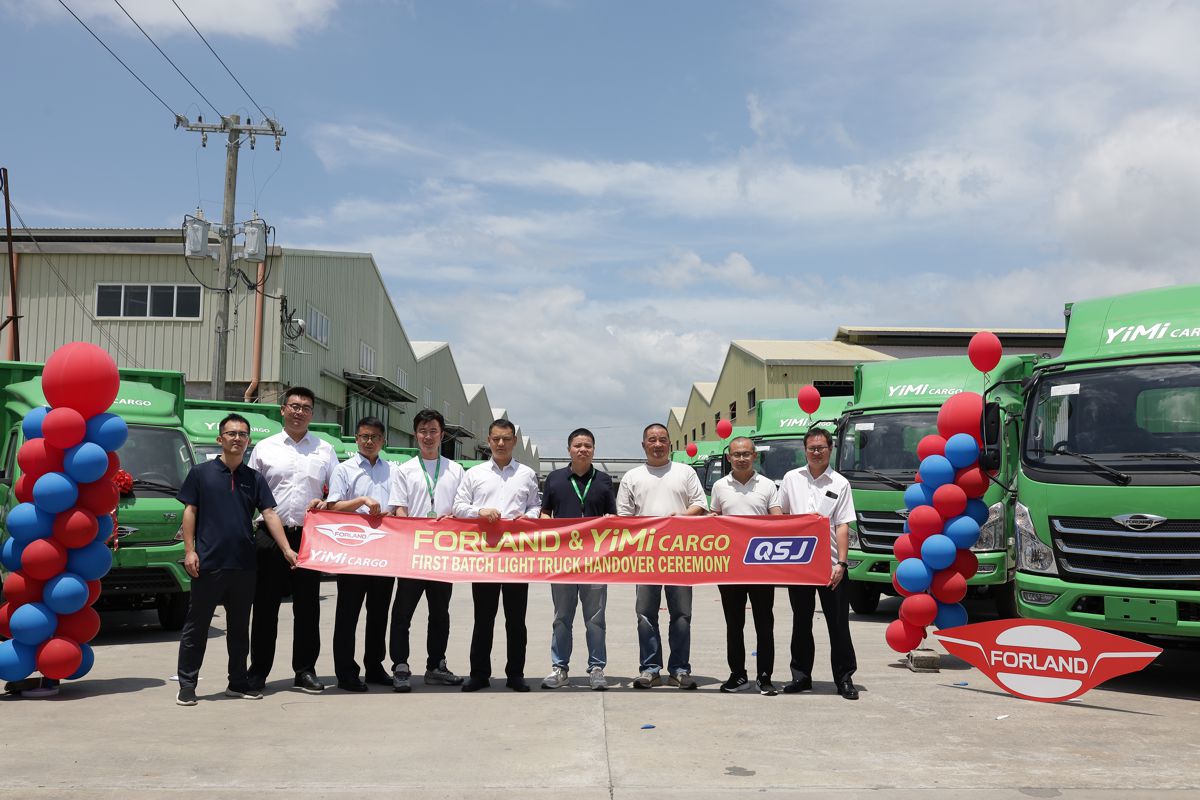FORLAND Expands into South East Asia with 260 Truck Order from the Philippines
ChinaTruck.org broke the exciting news about FORLAND, who has taken a bold step in its Southeast Asian growth journey with the delivery of 260 light and mini trucks to the Philippines.
This move, made official through a high-profile handover ceremony in Angeles City in August 2025, reflects the company’s deepening roots in the regional logistics market.
The event was a joint affair hosted by FORLAND, local transport firm YIMI CARGO, and distributor QSJ Motors. It attracted senior executives, media outlets, and industry partners from across the region. For FORLAND, this wasn’t just another delivery—it was a carefully choreographed demonstration of its ambition to dominate the light commercial vehicle segment in Southeast Asia.
Sun Chaoshan, Deputy General Manager of FORLAND’s Overseas Business Department, summed up the moment succinctly: “This is not just a delivery ceremony. It marks the start of a long-term strategic partnership between FORLAND, the Philippine market and logistics customers.”
Expanding Footprint in Southeast Asia
With operations already stretching across Indonesia, Malaysia, Thailand, and now firmly embedded in the Philippines, FORLAND is clearly not content with being a local player. The brand is rapidly evolving into a serious global contender in the commercial vehicle space.
Since its entry into the Philippine market back in 2009, FORLAND has shipped tens of thousands of trucks ranging from dumpers and logistics vehicles to refrigerated and purpose-built commercial units. What sets FORLAND apart is its three-pronged approach to expansion: integrated sales, strong after-sales service, and deep local partnerships.
In the words of Chen Guilin, Operations Director at YIMI CARGO Philippines: “The company chose FORLAND trucks due to the reliability of its products and professionalism in service.”
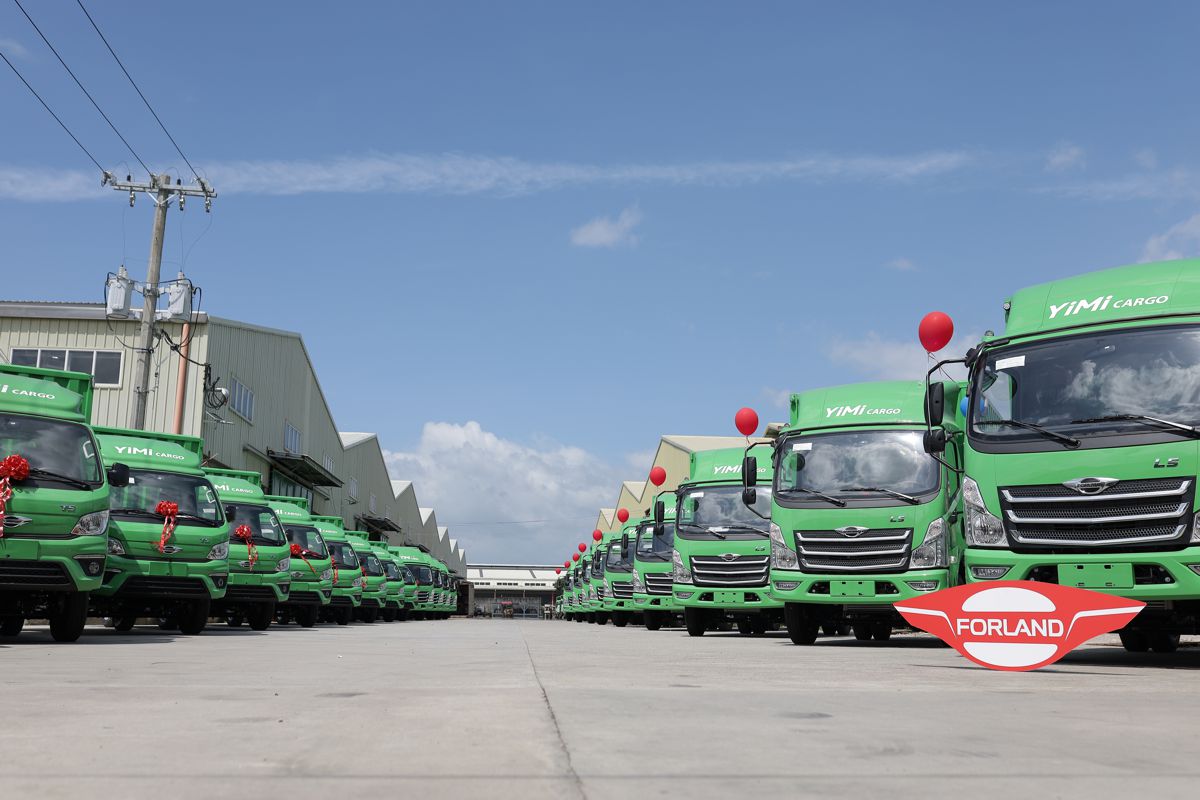
A Closer Look at the Trucks
The recent delivery includes models from the L5 and T5 series, each crafted to meet different slices of the logistics pie.
FORLAND L5 Light Trucks:
- Gross Vehicle Weight (GVW): 6.5 to 9 tonnes
- Engine: Developed using German FEV technology
- Cargo Bed: Extra-wide, accommodates two rows of pallets side-by-side
- Cabin Comfort: Passenger car-level ergonomic interiors
These L5 trucks are engineered for regional transport, striking a balance between load capacity and fuel efficiency. With extra-wide cargo beds, logistics firms can squeeze out more payload per trip, reducing operational costs over time.
FORLAND T5 Mini Trucks:
- GVW: 2.5 to 4.5 tonnes
- Engine: Based on technology from Japan’s Dong’an and Germany’s FEV
- Key Features: Lightweight chassis, low cargo floor
- Ideal Use Cases: Express delivery, fresh produce, intra-city transport
The T5 is a nod to the growing demand for last-mile delivery solutions in congested urban areas. Lightweight yet robust, it’s designed for nimbleness in narrow streets while being gentle on fuel.
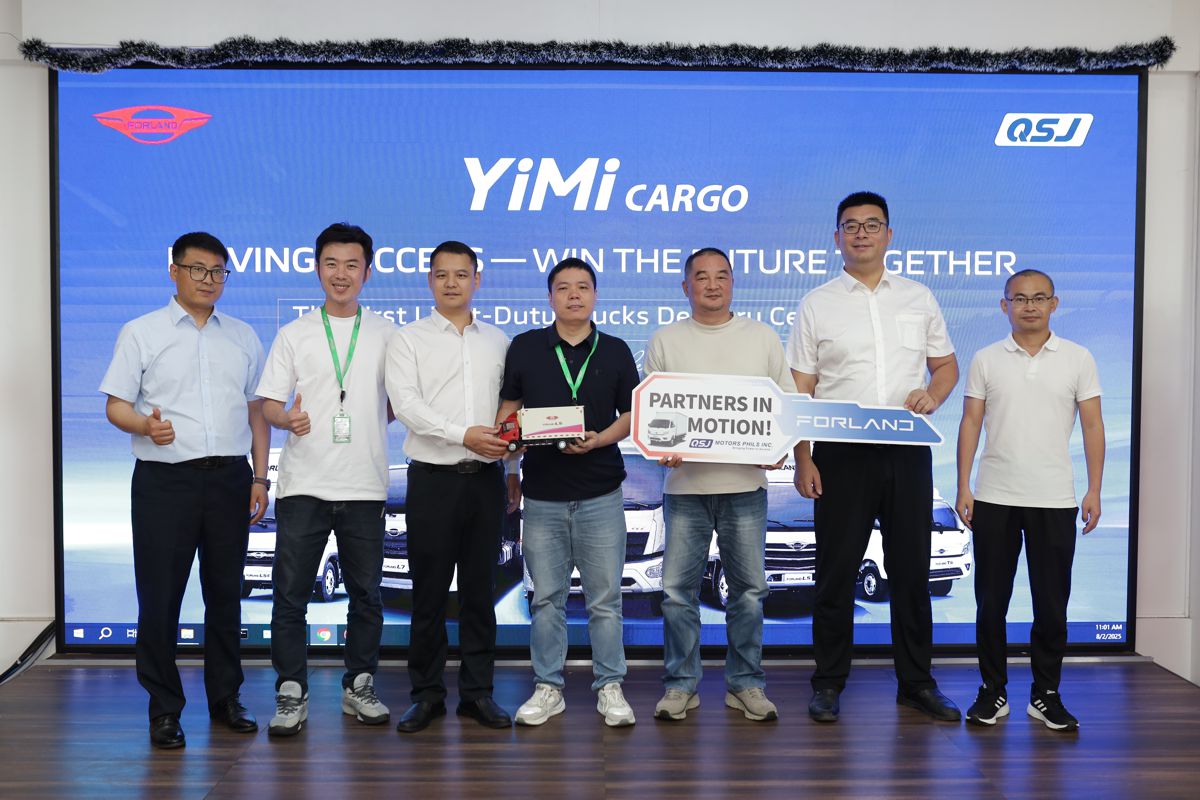
Local Partnerships Driving Long-Term Value
FORLAND’s alliance with QSJ Motors has been instrumental in anchoring its local presence. From spare parts availability and after-sales support to technical maintenance and driver training, QSJ acts as the backbone of FORLAND’s Philippine operations.
The Philippines-based YIMI CARGO—officially YIMI Transportation Philippines Inc—is part of the China-headquartered Sands Group, which has operations stretching into Malaysia, Indonesia, and Singapore. The strategic delivery of FORLAND vehicles to YIMI CARGO is not just a supply deal, but part of a wider logistics and service network that FORLAND is threading across Southeast Asia.
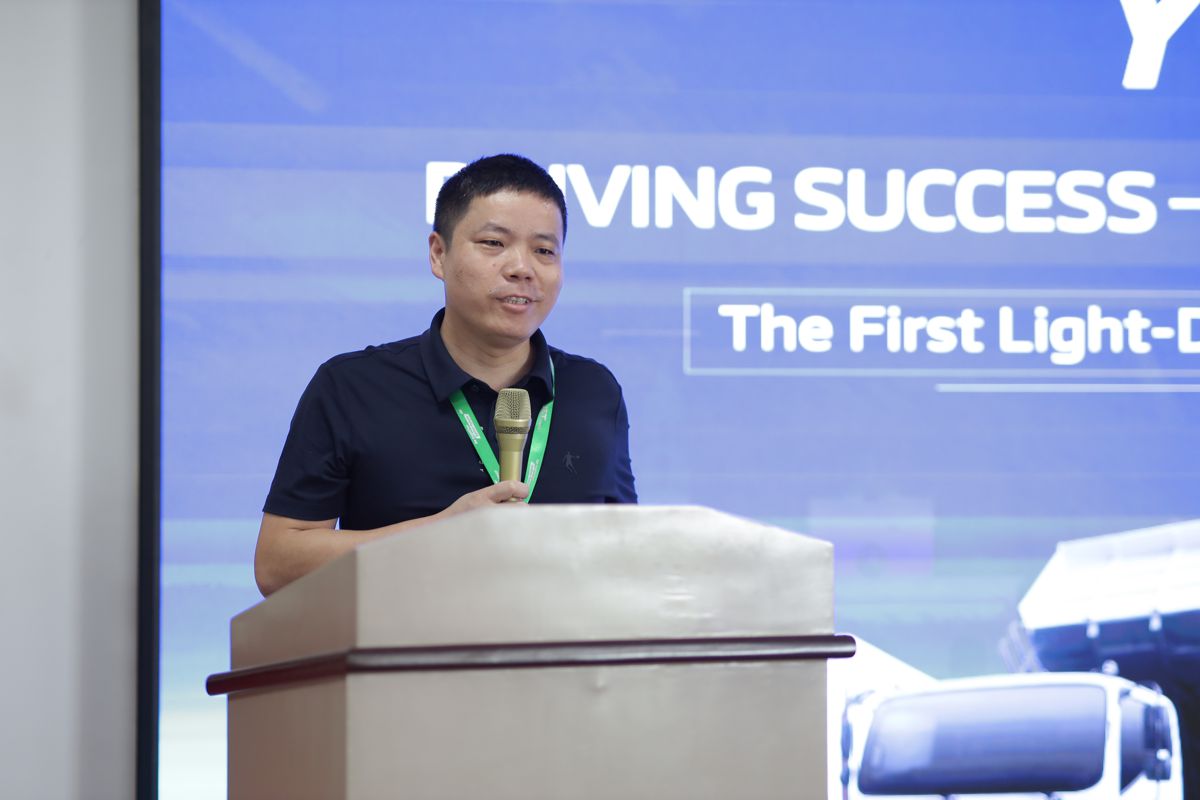
New Energy and Digital Solutions on the Horizon
With the ink barely dry on the delivery documents, FORLAND is already looking to the future. The company is gearing up to introduce new energy vehicles (NEVs) and smart, digitally connected transport solutions tailored to Southeast Asian logistics challenges.
Sun Chaoshan stated: “FORLAND has delivered more than 6.6 million commercial vehicles across over 50 countries and regions since its founding in 1999.” He further highlighted the company’s plans to bring NEVs and digitised solutions to market in order to bolster logistics efficiency and reduce carbon footprints.
These ambitions are well-aligned with the regional pivot toward cleaner energy and smarter urban infrastructure. By integrating digital capabilities such as GPS fleet tracking, predictive maintenance, and real-time load optimisation, FORLAND is positioning itself as more than a vehicle maker—it wants to be a smart mobility partner.
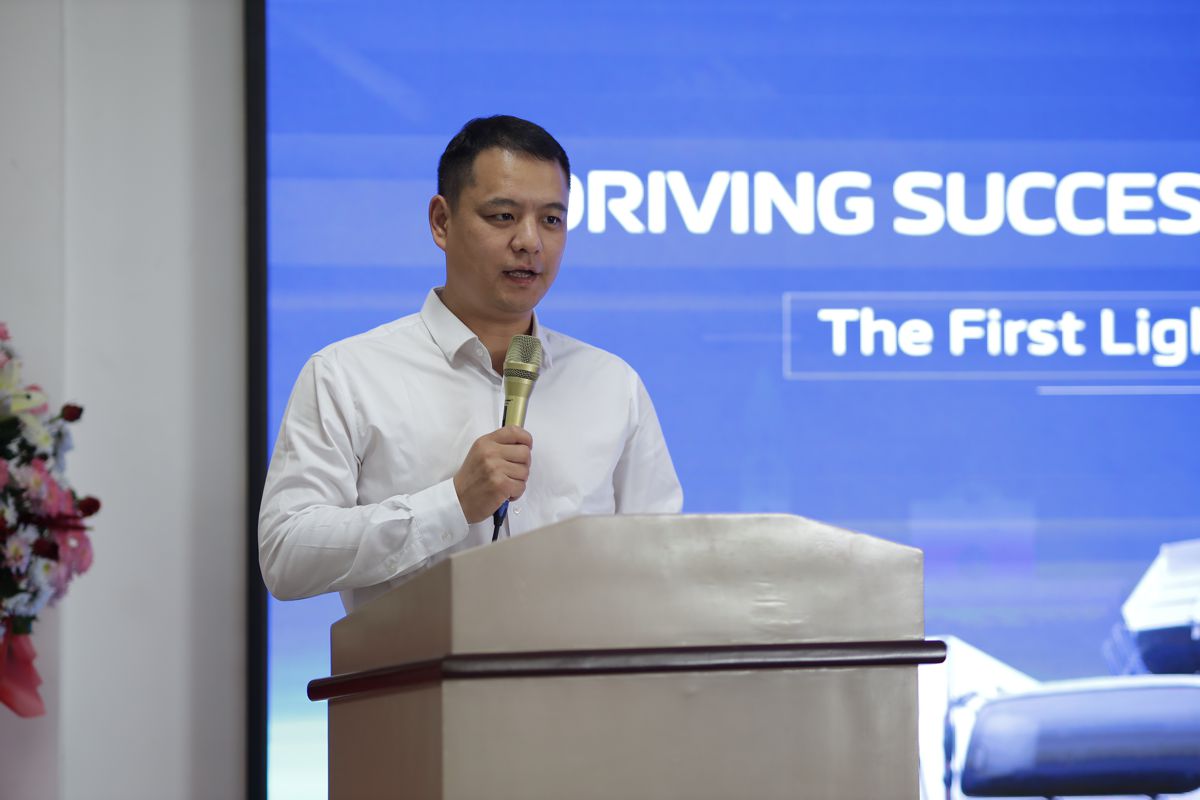
China’s Commercial Vehicle Diplomacy
The Philippines is just one chapter in FORLAND’s broader strategic narrative. The company is part of a wider push by Chinese manufacturers to position their vehicles—and by extension, their industrial capacity—as indispensable assets in emerging markets.
From Latin America to the Middle East and now Southeast Asia, Chinese commercial vehicles are carving out a significant market share. According to industry data, China exported over 600,000 commercial vehicles globally in 2024, with a double-digit annual growth rate projected through 2030.
FORLAND’s role within this momentum is clear: build, deliver, support, and repeat. Its advantage lies in blending competitive pricing with feature-rich vehicles and strong after-sales support.
Driving Forward with Confidence
The 260-truck delivery to YIMI CARGO is more than a logistical transaction—it’s a statement of intent. FORLAND is not only strengthening its brand in the Philippines but reinforcing its long-term commitment to Southeast Asia’s booming transport and logistics sectors.
With robust partnerships, reliable engineering, and an eye on digital and sustainable transport solutions, FORLAND is steering directly into the future. And judging by the warm reception in Angeles City, it’s a future that the regional logistics industry is more than ready to embrace.
